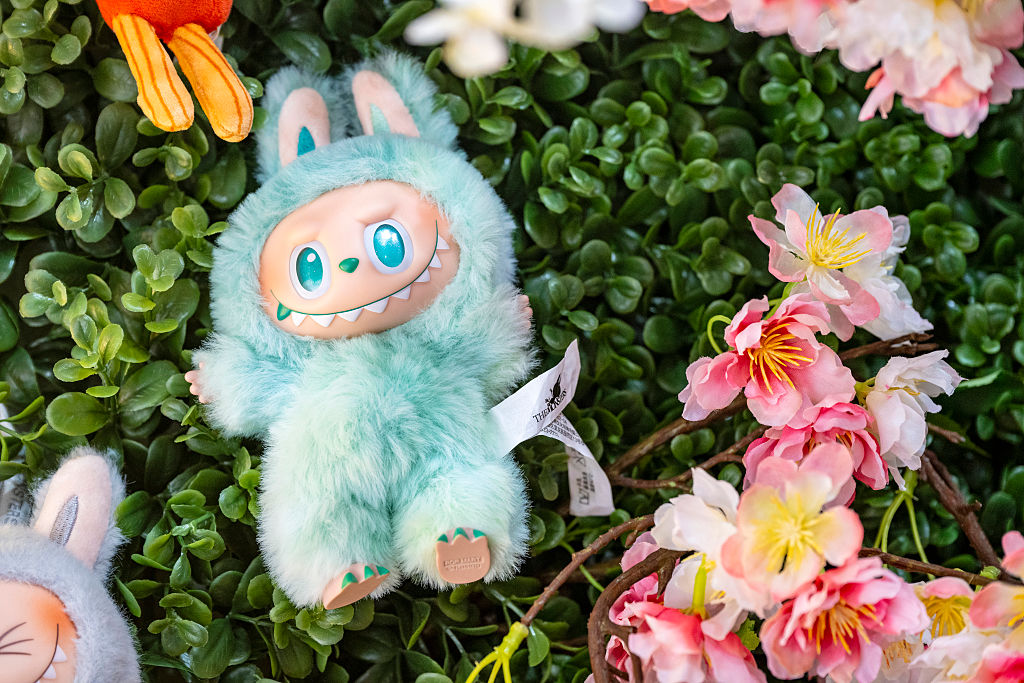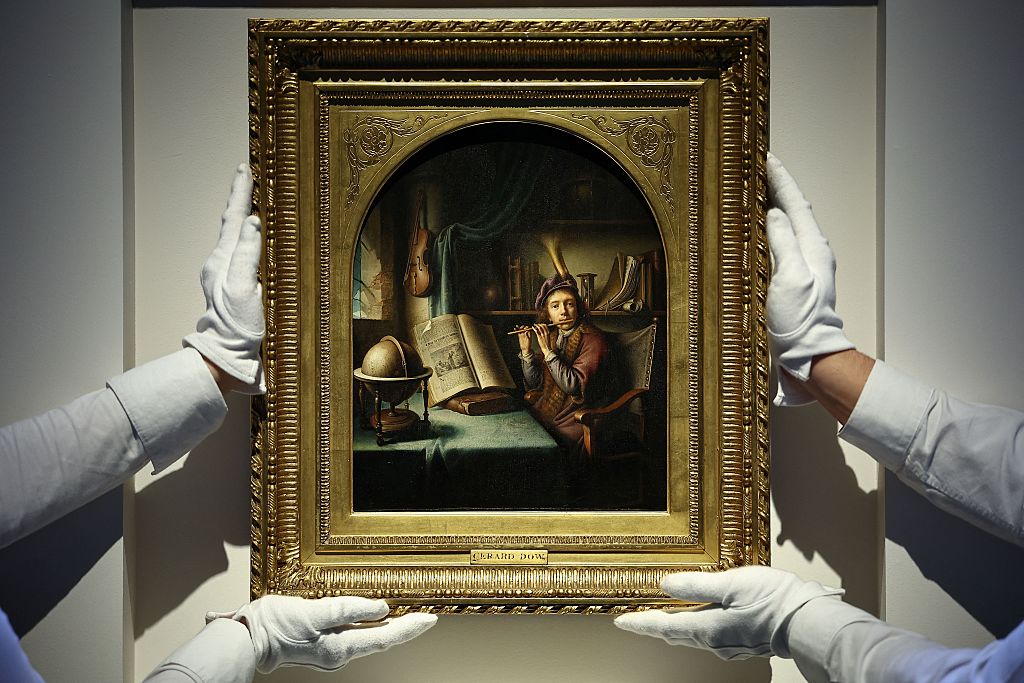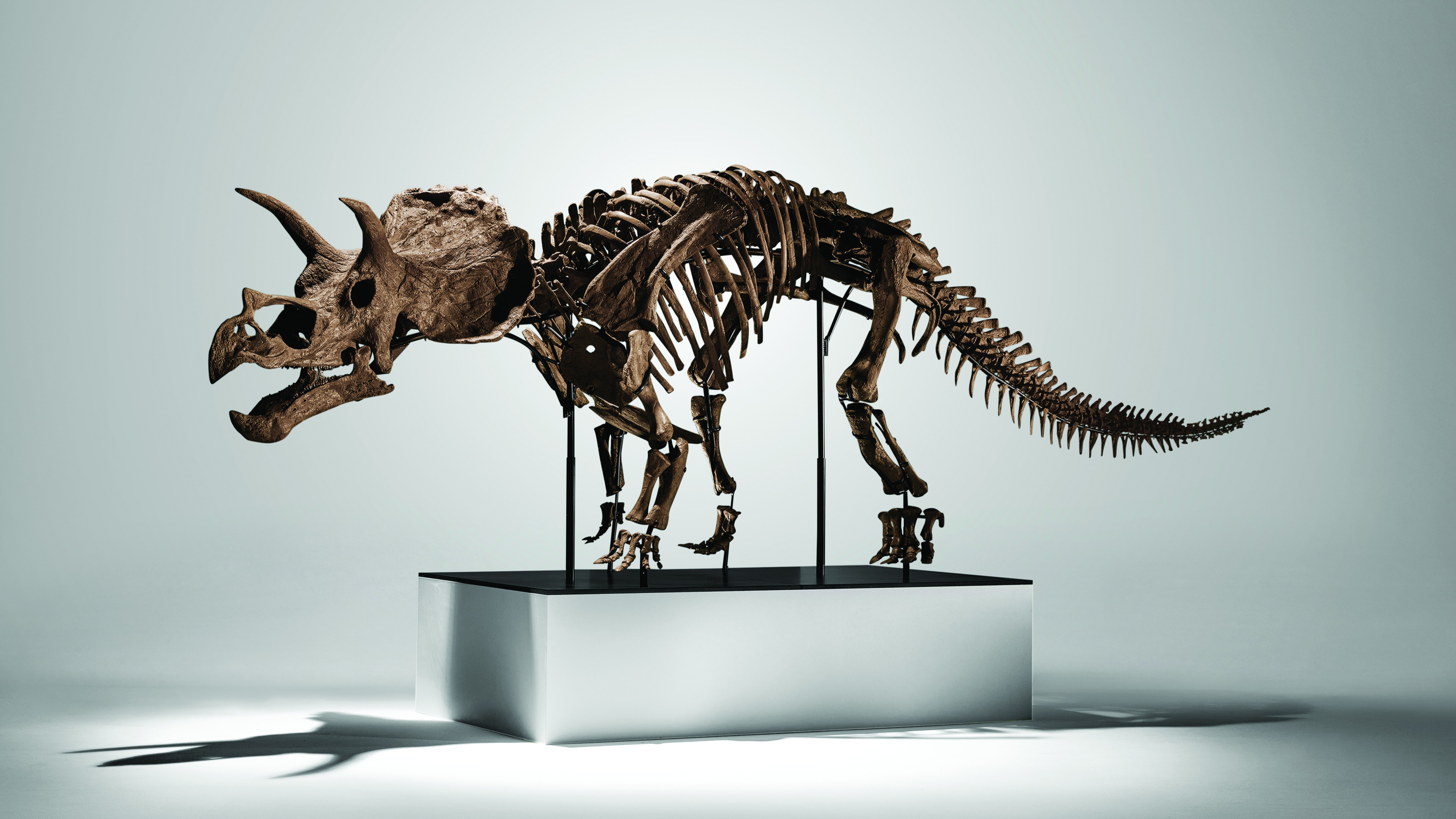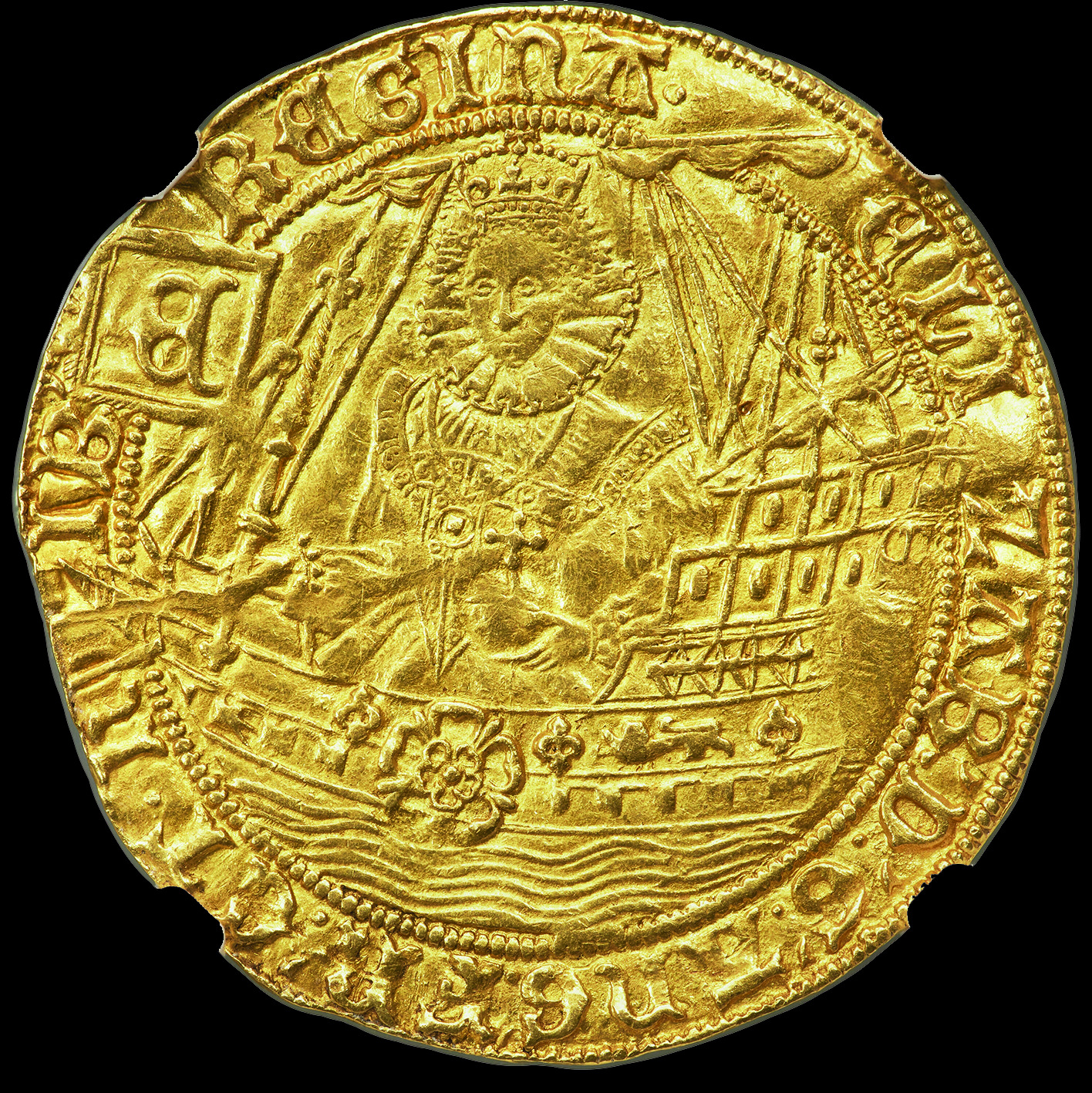How Labubus took the world by storm
The “blind-box” business model for Labubu, a grinning little monster, is as popular as ever


Get the latest financial news, insights and expert analysis from our award-winning MoneyWeek team, to help you understand what really matters when it comes to your finances.
You are now subscribed
Your newsletter sign-up was successful
Want to add more newsletters?

Twice daily
MoneyWeek
Get the latest financial news, insights and expert analysis from our award-winning MoneyWeek team, to help you understand what really matters when it comes to your finances.

Four times a week
Look After My Bills
Sign up to our free money-saving newsletter, filled with the latest news and expert advice to help you find the best tips and deals for managing your bills. Start saving today!
There’s nothing like somebody somewhere spending a lot of money on something silly to get a summer-season collecting fad underway. We saw it with the “Bored Apes” non-fungible tokens (NFTs) of a few summers ago. For this year, a Labubu doll the size of a child that sold for ¥1.2 million (£123,000), with fees, at an auction in China last month will do nicely.
For the uninitiated (and frankly too busy), a Labubu is a “cute”, grinning little monster with sharp teeth and furry rabbit-like ears. In its more usual form, it is to be spotted by acolytes dangling from the handbags of pop stars Rihanna and Dua Lipa in the form of a key-ring “plushie” (soft toy). But good luck finding one in a shop. Their retail habitat has shrunk to online marketplaces, with prices well above the £17.50 advertised on the official website of their maker, Pop Mart (where they are sold out).
Hong Kong-based artist Kasing Lung created the Labubu character in 2015. But it is Lisa from Korean girl band Blackpink, who is credited with sparking this summer’s collectable craze with a post on Instagram. Since her post last year, a Chinese bank has been banned by authorities from offering them as bait to attract new customers. And in May, Hong Kong-listed Pop Mart stopped selling Labubus in British shops due to reports of fights breaking out among fans who were desperate to get their hands on the limited stock. And that was without knowing exactly what they would be buying, assuming they made it to the cash till.
MoneyWeek
Subscribe to MoneyWeek today and get your first six magazine issues absolutely FREE

Sign up to Money Morning
Don't miss the latest investment and personal finances news, market analysis, plus money-saving tips with our free twice-daily newsletter
Don't miss the latest investment and personal finances news, market analysis, plus money-saving tips with our free twice-daily newsletter
The “blind-box” business model – where you only find out what you have bought when you open the box – has been central to the successful sales of Labubu (and Pop Mart’s share price, which has soared 178% this year). Not only does it encourage repeat purchases in the hope of eventually buying the specific one you want, but it also feeds the online marketplaces, where prices rocket, and that in turn drives new demand for Labubus from collectors hoping to flip a few monsters themselves. Meanwhile, that gives Pop Mart every incentive to bring out new editions.
Can the Labubu craze last?
The trouble is, not even a toothy grin can avoid a crackdown from the Chinese authorities. Last month, a report in the state-run People’s Daily newspaper cited legal experts calling for stricter regulation of blind boxes on the basis that they “risked inducing addictive behaviour among minors”, as the Financial Times reports.
For now, at least, amid the ongoing heat and madness of summer, the Labubu invasion continues unabated. It may fizzle out or morph into any number of spin-offs and sidelines. Time will tell. But if you were to offer me a Labubu or shares in Pop Mart, I know which I would rather have. Then, who would be grinning?
This article was first published in MoneyWeek's magazine. Enjoy exclusive early access to news, opinion and analysis from our team of financial experts with a MoneyWeek subscription.
Get the latest financial news, insights and expert analysis from our award-winning MoneyWeek team, to help you understand what really matters when it comes to your finances.

-
 Should you buy an active ETF?
Should you buy an active ETF?ETFs are often mischaracterised as passive products, but they can be a convenient way to add active management to your portfolio
-
 Power up your pension before 5 April – easy ways to save before the tax year end
Power up your pension before 5 April – easy ways to save before the tax year endWith the end of the tax year looming, pension savers currently have a window to review and maximise what’s going into their retirement funds – we look at how
-
 Affordable Art Fair: The art fair for beginners
Affordable Art Fair: The art fair for beginnersChris Carter talks to the Affordable Art Fair’s Hugo Barclay about how to start collecting art, the dos and don’ts, and more
-
 Fine-art market sees buyers return
Fine-art market sees buyers returnWealthy bidders returned to the fine-art market last summer, amid rising demand from younger buyers. What does this mean for 2026?
-
 Luana Lopes Lara: The ballerina who made a billion from prediction markets
Luana Lopes Lara: The ballerina who made a billion from prediction marketsLuana Lopes Lara trained at the Bolshoi, but hung up her ballet shoes when she had the idea of setting up a business in the prediction markets. That paid off
-
 The best gifts for your loved ones
The best gifts for your loved onesWe round up the best gifts with a touch of luxury to delight, surprise and amaze your loved ones
-
 Where to look for Christmas gifts for collectors
Where to look for Christmas gifts for collectors“Buy now” marketplaces are rich hunting grounds when it comes to buying Christmas gifts for collectors, says Chris Carter
-
 How dinosaur fossils became collectables for the mega-rich
How dinosaur fossils became collectables for the mega-richDinosaur fossils are prized like blue-chip artworks and are even accelerating past the prices of many Old Masters paintings, says Chris Carter
-
 Two of Britain's rarest gold coins
Two of Britain's rarest gold coinsGold coins from Britain are sought after by collectors around the world, says Chris Carter
-
 Albert Einstein's first violin sells for £860,000 at auction
Albert Einstein's first violin sells for £860,000 at auctionAlbert Einstein left his first violin behind as he escaped Nazi Germany. Last week, it became the most expensive instrument not owned by a concert violinist